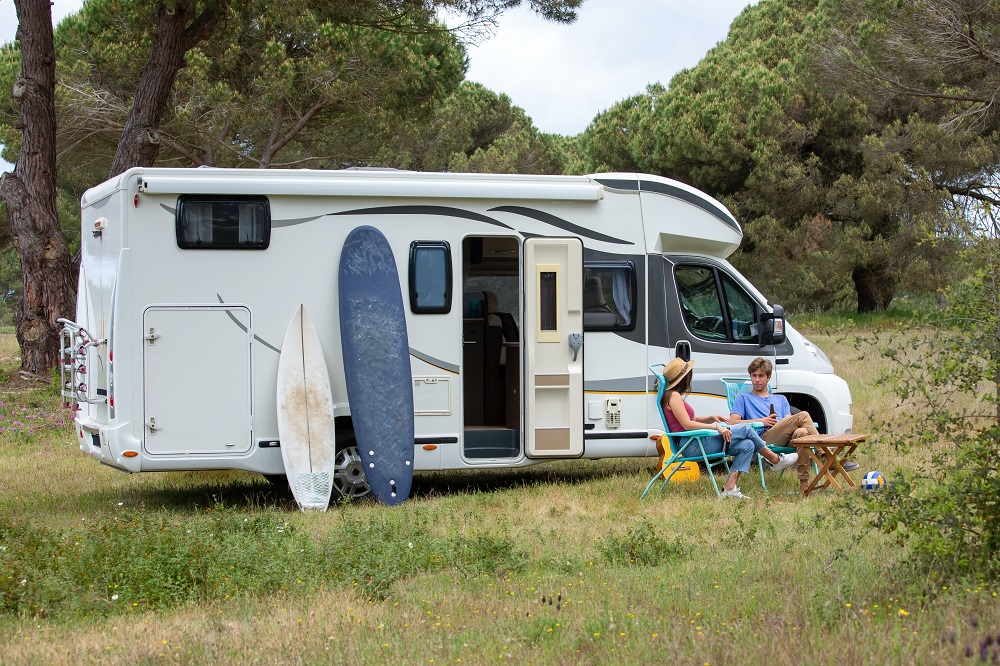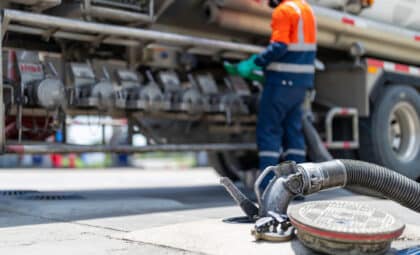 Photo: Kampus Production via Pexels
Photo: Kampus Production via Pexels
RVing is getting more popular by the day. At the start of the month, 10.6 million American households said they planned to camp in September. In Australia, businesses are struggling to keep up with a surging demand for travel trailers. But RVs are complicated machines and we predict many novice campers will have a few negative experiences as they get their heads wrapped around the lifestyle. The following are a few simple RVing tips and tricks that can help new and veteran RVers alike have a better time.
Related: Top advantages of owning a travel trailer
Practice parking
Parking an RV never gets easy. When you arrive at your campsite, the odds are good that you’ll need to back up into it (and after a day’s travel, visibility may be low). Take your RV to an empty parking lot and practice maneuvering it to hone your skills — or to keep them sharp.
Don’t overburden the plumbing
A common rookie mistake is treating the plumbing inside an RV the same way as the one at home. RV sewage systems are more fragile and require special toilet paper that breaks down faster than normal to avoid clogging and bad odors.
Google Maps is a good free tool for getting around, but it wasn’t designed with big vehicles in mind. When planning your route, using an RV-specific GPS or travel tool like CoPilot RV or RV Trip Wizard can help you avoid restricted roads, low bridges, and steep grades.
Double check that your campfire is out
Abandoned campfires are a leading cause of forest fires. A lack of flames does not indicate that the fire is extinguished. Smoldering embers, as well as the heated ground, can easily reignite combustible materials even hours later. Smother the fire in water and dirt to ensure it is truly out.
Kurt Verlin was born in France and lives in the United States. Throughout his life he was always told French was the language of romance, but it was English he fell in love with. He likes cats, music, cars, 30 Rock, Formula 1, and pretending to be a race car driver in simulators; but most of all, he just likes to write about it all. See more articles by Kurt.








